Calls Grow for UK to Resume Syrian Asylum Decisions
Over 7,000 Syrians are still waiting for a decision, with charities urging ministers to end the freeze on asylum claims paused after Assad's fall.The UK government is facing mounting pressure to resume processing Syrian asylum applications, as new figures reveal more than 7,000 individuals are still awaiting decisions more than five months after a freeze was introduced.
In December 2024, the Home Office paused decisions on Syrian asylum and permanent settlement claims following the downfall of Syrian President Bashar al-Assad, stating the need to reassess the security situation. However, thousands remain in uncertainty, with no clear timeline for when their claims will be processed.
Charities such as the Refugee Council are urging ministers to lift the pause and return to processing claims on a case-by-case basis, describing the situation as leaving people in “indefinite limbo.”
A Home Office spokesperson explained the pause was necessary while the UK assesses risks and waits for stable, reliable information about Syria's evolving political and security landscape.
According to official statistics published last week, 7,386 Syrians were still waiting for an initial asylum decision by the end of March. Of these, over 5,500 were living in government-funded accommodation, including 2,130 in hotels—a practice the government has pledged to end.
The drop in asylum decisions has coincided with significant political changes in Syria. Assad was ousted by the Islamist militant group Hayat Tahrir al-Sham (HTS), now led by Ahmad al-Sharaa, who has declared himself interim president. HTS remains a designated terrorist group under UK law, and the situation inside Syria remains volatile.
In the wake of Assad’s fall, Conservative politicians argued many Syrians had fled due to his regime, suggesting some may now be able to return. However, advocacy groups caution that threats persist from other armed groups, and safety is far from guaranteed.
Haytham Alhamwi, chair of the Syrian British Consortium, noted that not all Syrians fled due to Assad alone. “Many are still advocating for democratic change, and some fled other military groups. Safety is still not assured for them,” he told the BBC.
Since the freeze began, new Syrian asylum applications have dropped by 81%. Nonetheless, 299 Syrians arrived in the UK via small boats in the first quarter of 2025, making up 5% of total arrivals.
Those seeking asylum are generally barred from working and rely on government support for housing and daily essentials.
Jon Featonby, chief policy analyst at the Refugee Council, said this limbo not only affects the wellbeing of asylum seekers but also places a financial burden on the public. He warned the freeze is contributing to the overall backlog, which Labour has pledged to tackle.
Personal Stories Highlight Human Impact
The human toll of the pause is evident in the stories of individuals like Azadi, a 25-year-old Kurdish man who arrived in the UK in June 2023. While thankful for shelter and support, he said the inability to work or move forward has left him feeling stuck. “Every day is the same. I’m not progressing, and it’s stressful,” he said.
Although Syria’s new leadership recently reached an agreement with Kurdish forces to integrate them into the state, Azadi says he still does not feel safe returning. “My hometown is destroyed. There’s no life or education possible there.”
Leen Albrmawi, 28, who has lived in the UK since 2019, was devastated when her application for permanent settlement stalled. She had been accepted to study business at university but was denied a student loan due to her unsettled status.
Her employer, a telecoms company, has also sought updates on her immigration status. Though she still has the right to work, she fears losing her job and being forced to leave the country if UK policy changes.
“I literally have no one in Syria,” said Leen, who lives in Salford with her mother and sister, both British citizens. “I’ve built my whole life here.”
The Refugee Council acknowledges that Syria’s political reality has shifted but argues the safety of returnees remains uncertain. Featonby suggested prioritizing cases involving people at risk for reasons not directly tied to Assad’s regime.
Until then, thousands of Syrians remain caught in bureaucratic limbo—unable to build their lives, study, or work freely—while uncertainty over their future persists.






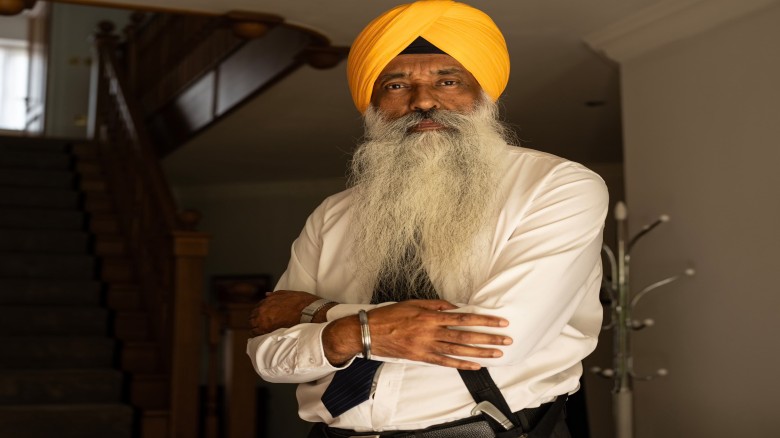
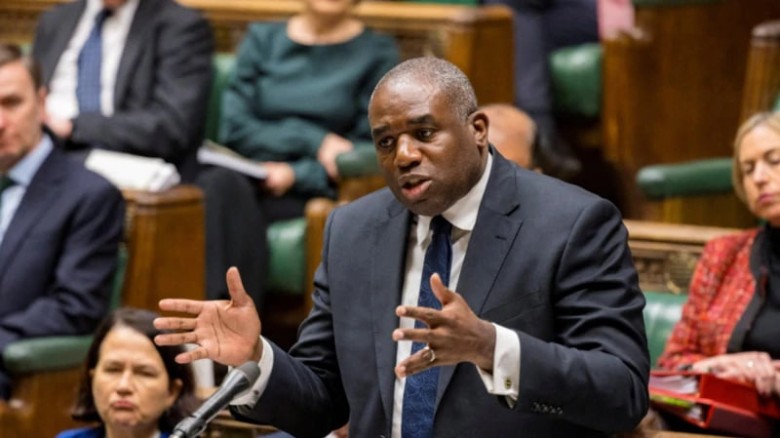


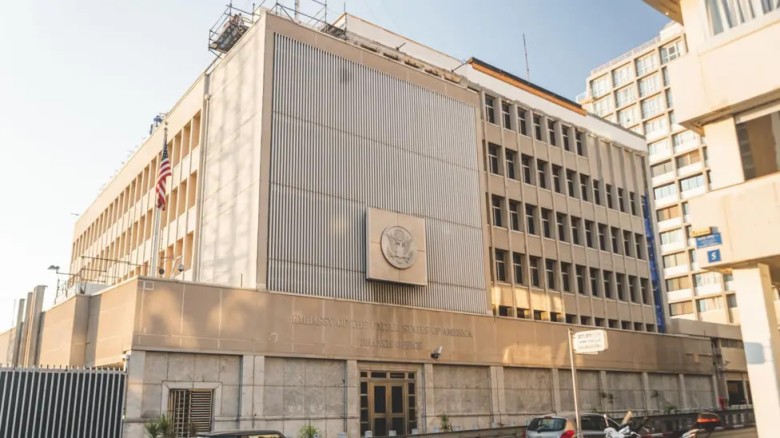






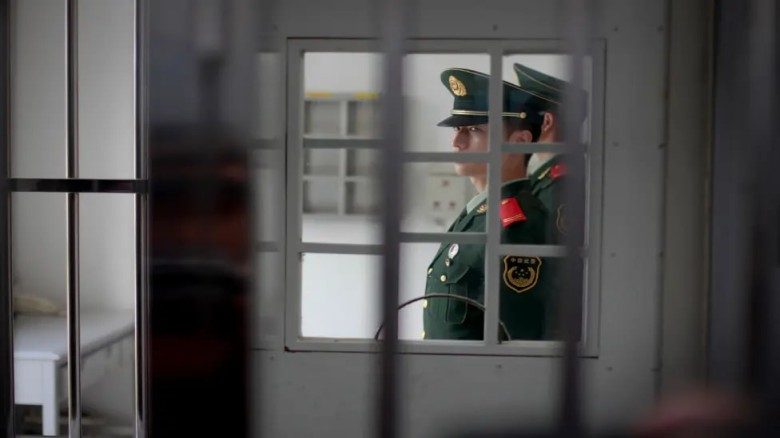




















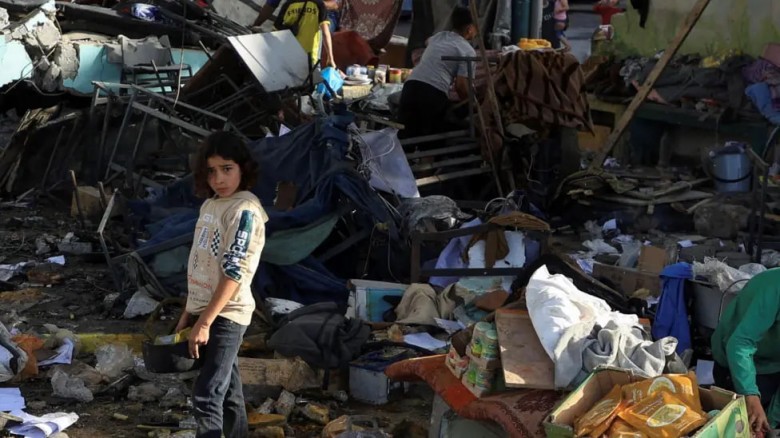













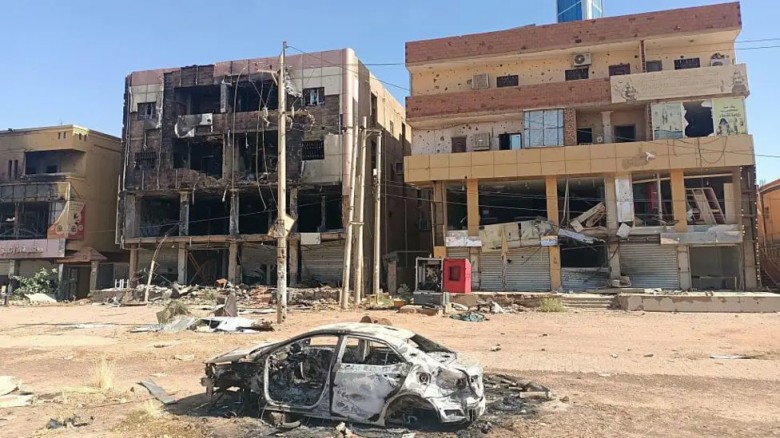



















Leave A Comment